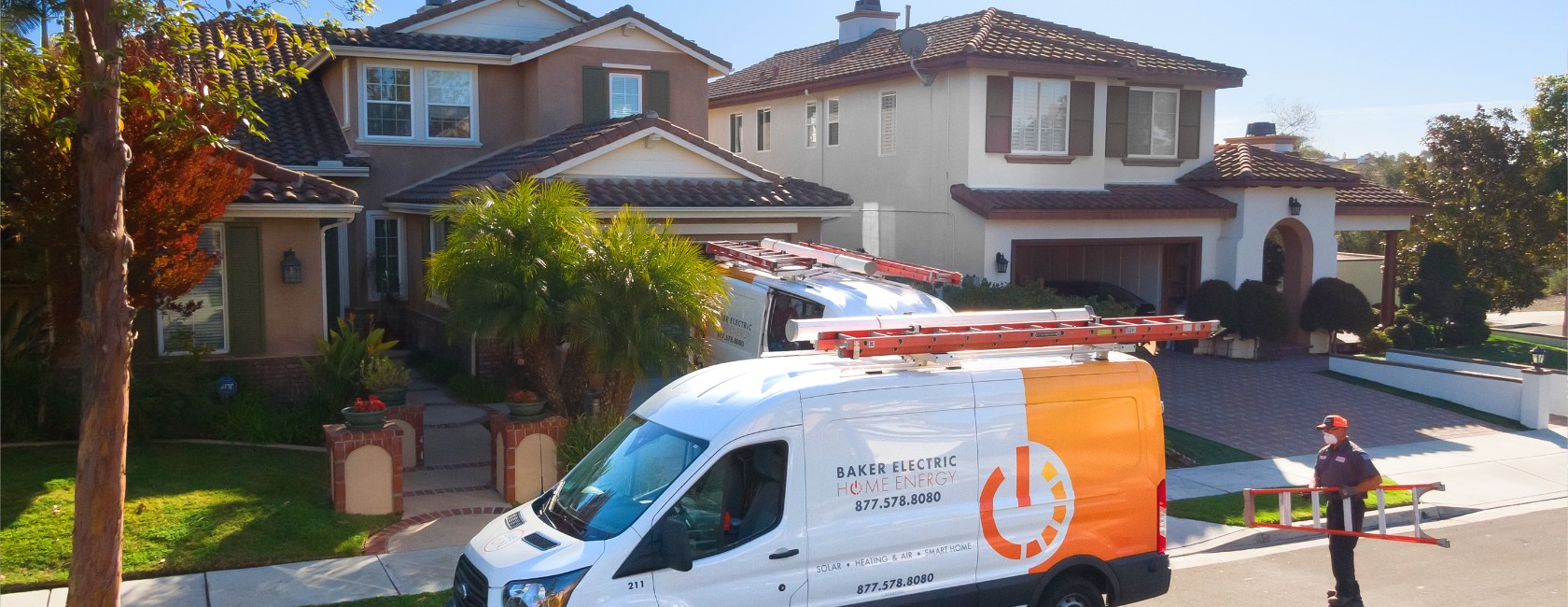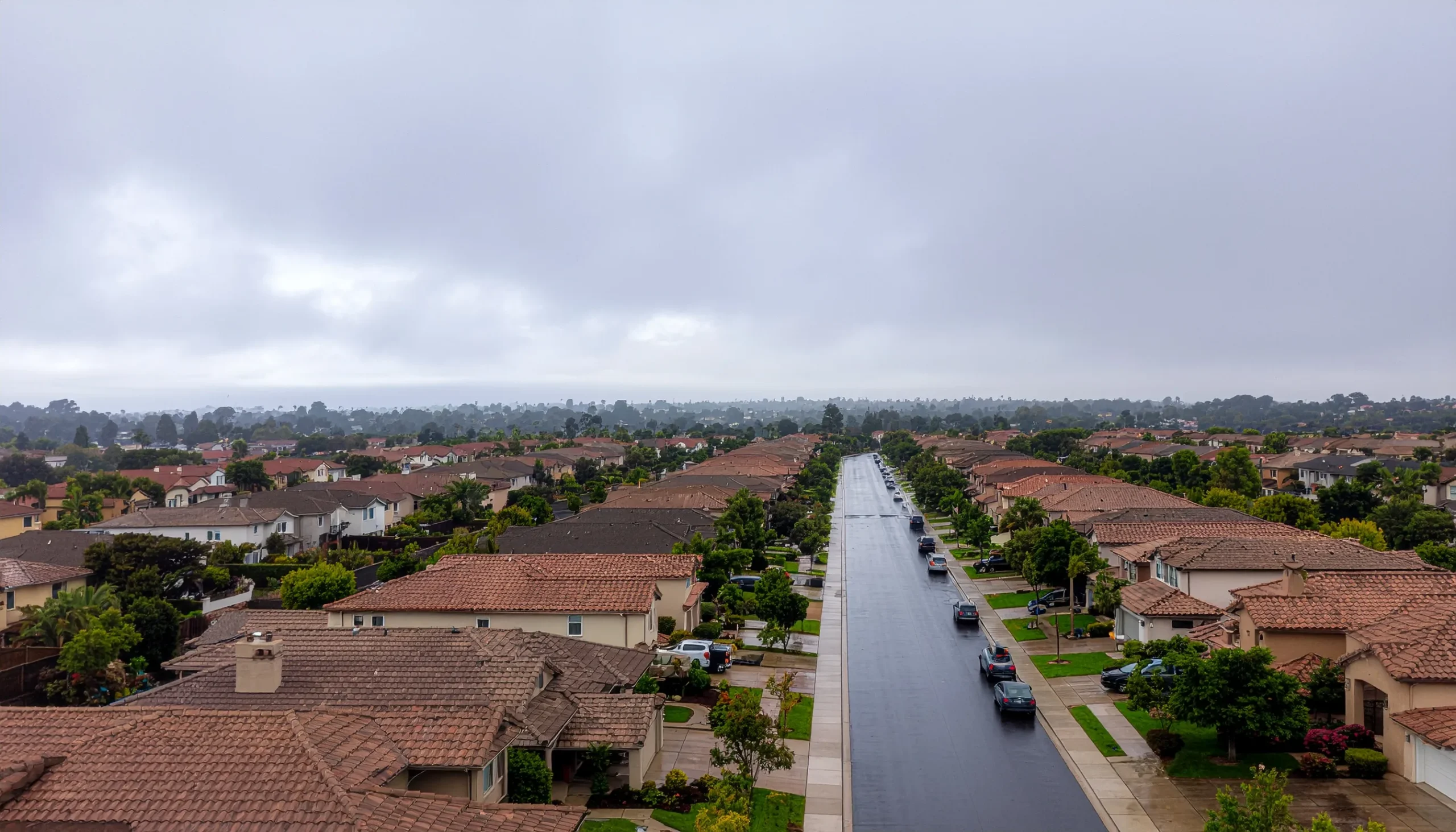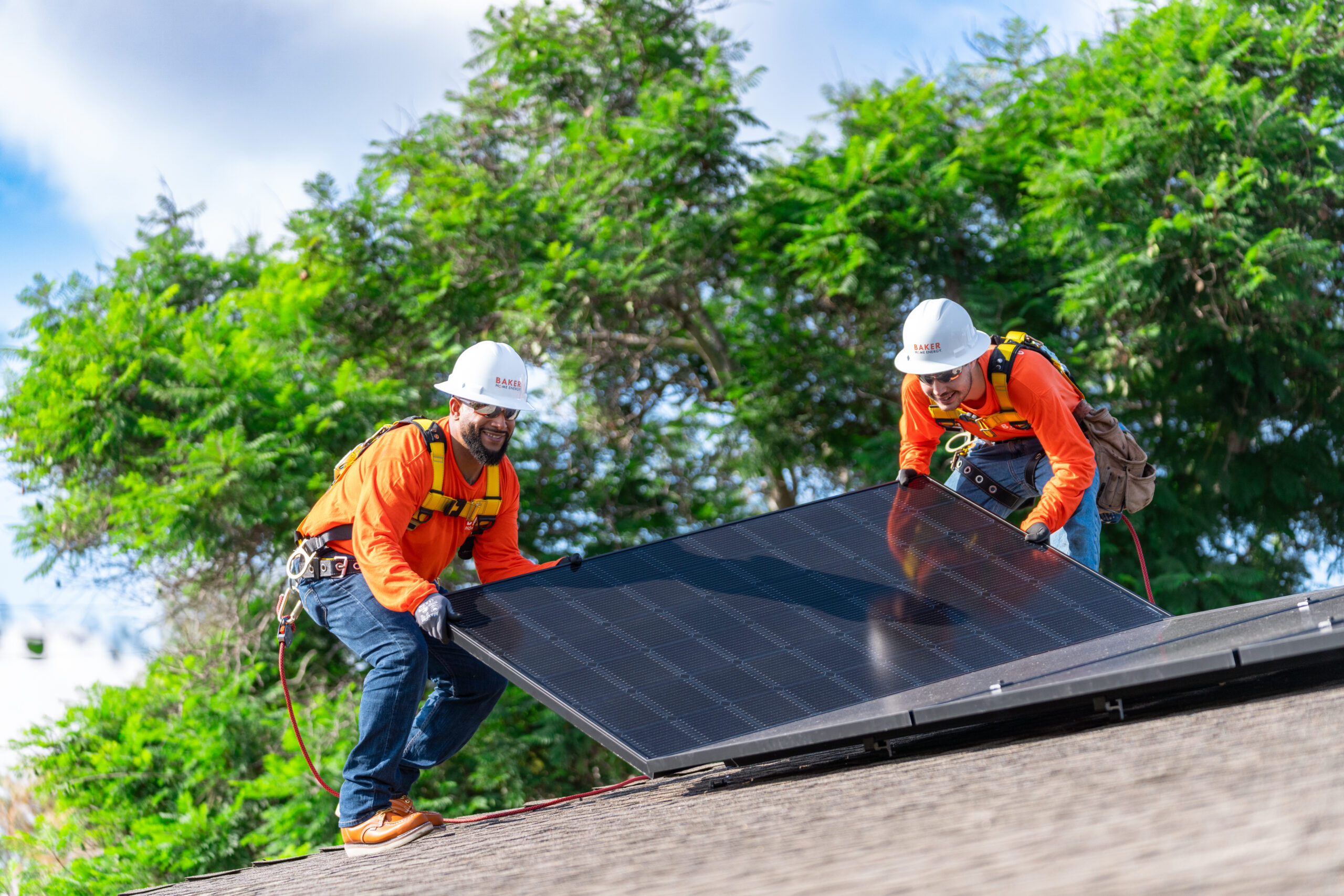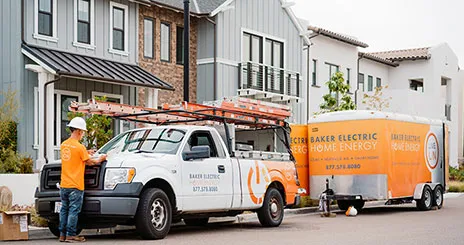
Find out if your home is suitable for solar
So, you’re considering solar. That’s great! First you need to know if it’s suitable for your home. Here are three must-ask questions to find out:
1) Is solar right for my type of home?
2) Is it right for my circumstances?
3) Will I save money?
If, like most people, you can answer yes to all three, then solar is right for you.
1. Is it right for your type of home?
The majority of homes in Southern California are suitable for solar panels. That said, there are a few factors you should be aware of.
Is it a single-family home?
Because of the various financing options available and jurisdictional control over roof space, the return on investment for residential solar panels is best for single-family residences, not multi-family dwellings, townhouses or condos. If you live in a shared property, you may still be able to go solar with a ‘shared solar’ setup, depending on your homeowner’s association.
Do you have shade on your roof from trees or other homes at any point of the day?
One of the biggest misconceptions about solar panel systems is that you need a 100% sunny location and south-facing roof to make it work.
While these may be ideal conditions, the fact is that few houses meet all these criteria; yet many of these same homeowners are currently reaping the benefits of solar panels for home use.
Generally, the more directly your roof faces the sun without interference the more efficient your solar system will be in converting solar energy into electricity to power your home. Even a little bit of shade falling on a single panel can reduce the output of many panels because of how panels are strung together in a typical configuration. However, experienced solar technicians like those at Baker Home Energy can install effective systems even if sunlight exposure is not optimal. To ensure maximum solar panel system performance we may suggest trimming or removing trees. A ground-mounted system might even be the best way to go solar for some homeowners.
The important thing to remember is that every installation is different. In all but the most extreme cases, solar panel systems will work in most single-family home environments.
The amount of sunlight your roof receives may determine which brand of panel you need to choose. Not all panels are created equal. Some panels are more efficient than others, and if your house receives little sunlight or has a small area of quality roof space, you’ll want a more efficient panel. These are typically more expensive but will easily pay for themselves within a few years by creating more electricity. At Baker we carry three solar panel brands: SunPower, LG, and Hyundai. All three are quality panels from reputable companies and offer you spending flexibility.
2. Is solar right for my circumstances?
Do you own your own home?
Due to the permitting contracts and overall work required to install residential solar panels, only a homeowner can make the decision to move forward with solar.However, if you’re a renter or a homeowner whose property is not suitable for residential solar panels (this is very rare), you may have other options.
Several states are changing their laws to make offsite solar installations, often called “solar gardens” or “community solar”, available to non-homeowners. These kinds of “shared solar” setups allow tenants, as well as low and middle income consumers, to jointly own or subscribe to solar power systems that harness the clean, endless power of the sun.
If you’re a renter and recognize the benefits of solar energy, be sure to talk to your landlord about the possibility of installing residential solar panels where you live.
Have you been in your home for at least one year?
When designing a residential solar panel system it’s helpful to have 12 months of historical energy usage information. But if that’s not available, the same information can be extrapolated by other means.
How long do you plan to stay in your current home?
You’ll enjoy the most benefits of your solar energy system if you plan to stay at your current homee for many years to come. But if you do sell your property, solar is attractive to prospective buyers since the electric bill for the home will be no more than a few dollars a month (paid-off system) or a fixed rate (lease payment).Houses with solar also sell for a premium thatcan cover most of the cost of installing solar. For more about home value, see how does solar affect my home’s value.
3. Will solar save me money?
What is your average electric bill?
If your electric bill is $100 a month or more, it’s very likely you will save money with solar energy. The amount of money you could save e depends on a few things:
- The size of your system
- The amount of electricity you use
- How you pay for your system
- Utility rate increases (historically 3.75% annually)
On average, Baker Home Energy customers save anywhere from 5% to 30% on their energy bills. That’s why we love efficient, affordable solar panels!
Rebates and tax credits
If you qualify for cash back incentives from the California Solar Initiative, the upfront investment could be much smaller than you’re anticipating. The federal government also offers tax credits totaling 30 percent of the investment, now through 2016. These incentives substantially reduce your investment cost.
Talk to our consultants for a personalized solar benefit analysis and quote
If you think solar could be a good fit for you, call us and speak with one of our knowledgeable Solar Energy Consultants. They’ll review your home, current situation, past energy usage and goals to recommend a system that will work for you.




